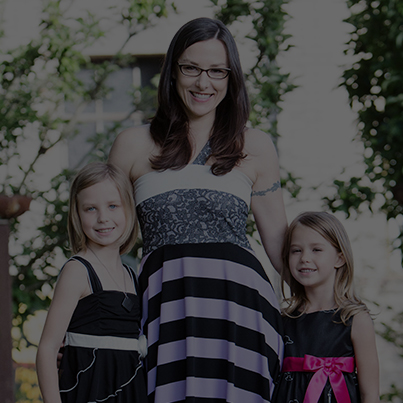Which of the 5 Life Story Types Do You Have?
It’s Time to Start Thinking About Rejection Differently
Posted Feb. 9, 2017, 3 p.m.
This article originally appeared on Backstage Magazine
Rejection can be tough. As an actor, you get rejected more times in one month than most people do in their lifetimes.
And while rejection will always be a part of your acting career—even the most famous names in the industry have to deal with it—you can control how it affects you, and even use it to your advantage.
When you see rejection as a setback (as most people do), it can send you down the rabbit hole of self-torture. It never helps to look back on an audition and lament over the things you think you did wrong, like not being confident enough, relaxed enough, or present enough.
Negative self-talk is actually worse for your acting career than rejection itself: it drains your energy and makes you feel defeated, a feeling you’ll carry with you into your next audition, and the one after that, and the one after that.
This is what I call “rejection fatigue.”
If you stay in it for too long, you’ll start saying things to yourself like, maybe I’m just not cut out for acting, maybe I should do something else. And that is the kiss of death for your acting career.
But there’s another way to see rejection: as a sign that you’re learning, putting yourself out there, and committed to your path.
Every time you hear “no,” it’s proof of your effort, and as long as you see that as proof of progress—which it most certainly is—every rejection you experience is a building block in the foundation of your success.
Of course, this all hangs on your ability to maintain that point of view. And it’s the same point of view you’ll find again and again amongst successful working actors. If they don’t get a role, they don’t beat themselves up for it or take it personally. Instead, by and large, they say, It must not have been the right role for me.
To keep your head in the game, think of auditioning like playing a game of Jenga. When you touch a wooden block in Jenga and it doesn’t move, you simply move on and try another. You can even allow each block that didn’t move to make you more determined to find one that moves right on through.
A helpful action step you can take to maintain this perspective is to give yourself a rejection quota.
Because every rejection is a sign of progress, the more times you get rejected, the more you’ll also not get rejected. While it may seem counter-intuitive, or like this mindset will set you up for more rejection, the opposite is actually true. Seeking rejections doesn’t mean sabotaging yourself. Self-sabotaging happens when you’re trying too hard and are over-attached.
It’s best to go in with an unattached attitude of: This is a great opportunity to train, and another point for my rejection quota. And wouldn’t it be nice if I also booked it?
That kind of attitude leaves you positively invested in the outcome, but not desperate. Which is great because desperation repels roles.
I suggest giving yourself a numerical quota, such as getting rejected 30 times per month, or 10 times per week, and recording your points in a notebook or spreadsheet. Create a reward system for yourself where each win (rejection) earns you something.
When the goal becomes meeting your quota, you stay motivated and you keep going.
And that’s what real success is made of: small, sustained actions over time.
Remember that every rejection is a win, so actively seek them out. You can count auditions, queries to potential agents, sending your headshot to casting directors, asking a director you’d like to work with out for coffee—anything that could move the needle of your success, that also scares you, at least a little.
With each action, think of yourself as a waitress offering coffee. The other person may say yes, they may say no. Either way, there’s no dependency on any one person’s response.
When you hear a no, count it in your quota as a win and trust that anything that didn’t “move” wasn’t right for you, and is actually redirecting you toward the people, roles, and experiences that are. No one else is inherently better than you. And no one else holds the key to your own success.
The perfect roles will come to you at the perfect time—as long as you keep going and keep your head in the game.
If you’d like to share your rejection quota goals and successes with a group of like-minded artists, I invite you to join my private Facebook group, TEA House. We’d love to cheer you on.







